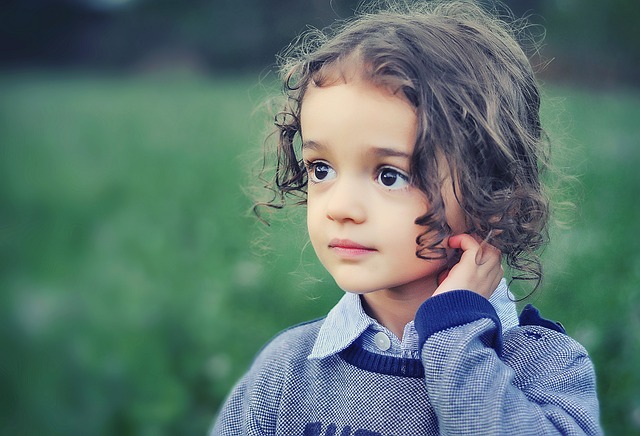The Psychosocial Impact of Childhood Dementia on Children and Their Families

Childhood dementia is a neurological disorder that occurs due to progressive brain damage. Although it isn’t a specific disease, it gets displayed in the form of numerous symptoms. Childhood dementia has an emotional, mental, and social impact on the families of the kids, too, who get diagnosed with it.
The extremely rare genetic disease occurs due to complex metabolic diseases. There are numerous types and groups of childhood dementia disorders. Some of them are leukodystrophy, mucopolysaccharidoses, lysosomal disorders, peroxisomal disease, inborn errors of metabolism, and neurodegeneration with brain iron accumulation (NBIA).
Statistics report that almost one in every 2,800 babies worldwide is born with the condition that leads to childhood dementia. Currently, 700,000 are known to be existing with childhood dementia. According to studies, a person passes away from childhood dementia every 11 minutes, and about 48,300 die every year.
How Does Childhood Dementia Affect the Parents?
Childhood dementia affects not only a child but also their parents and caregivers. Most parents face challenges while attempting to navigate the route of childcare when their kid has dementia. Getting access to timely therapy or coming across a clinician who can help in diagnosing their child’s dementia can be a difficult route. When both parents are working, it is a challenge to look after their kids as they get diagnosed while also trying to give ample time to their other children.
The topic of having to witness your kid get gradually worse because of the condition is something that isn’t easy on any parent. The child not only loses their ability to think properly but also faces a complete change in terms of their lifestyle or how they get treated by the people around them.
Making friends or having a normal education are tough subjects to manage with childhood dementia. Suppose parents don’t receive access to substantial treatment options or don’t get the necessary information needed to treat their child’s dementia. In that case, it compromises their ability to cope with the situation.
Most parents find themselves to be socially isolated, as they don’t get enough time to interact with their friends or colleagues while attempting to look after their child. As a result, they go through bad patches of mental health and severe stress while also experiencing dissatisfaction with the current healthcare system.
What are the Symptoms of Childhood Dementia?
The experience of every child with dementia is distinctive. The symptoms and signs of childhood dementia could appear at different ages. While for some, they manifest at a very early stage, others don’t experience them till they are teenagers. Much like dementia in adults, it is progressive, with a child losing its abilities or skills over a period of time.
The common symptoms of childhood dementia are confusion, memory loss, changes in personality, disturbed sleep cycles, and trouble concentrating, communicating, learning, and understanding. Other symptoms include mental health problems such as fear and anxiety and behavioral difficulties like hyperactivity. Some children also experience seizures, not being able to see or hear, losing the ability to move, and respiratory, digestive, or cardiovascular problems.
How to Diagnose Childhood Dementia?
In order to diagnose childhood dementia, parents must take their child to a specialist working at a children’s hospital. If you’re worried about your child possibly having dementia, it is best to consult a general practitioner who can further refer you to experienced specialists.
The diagnosis of childhood dementia is either done through genetic or biochemical testing. Biochemical testing involves taking urine or blood samples and looking for unusual sugar or protein levels.
Through this, doctors detect if a child’s body is not producing enough or missing a crucial enzyme, and it helps narrow the cause down to a group of medical issues. This is followed by genetic testing that gives more details regarding gene-related changes.
Conclusion
Due to the limited knowledge about childhood dementia, parents often find it hard to look for genuine and informative resources. Unfortunately, this could delay the medical care their child needs to deal with the condition.
While managing a child who goes through childhood dementia is not easy for any first-time parent, discovering it early on can enable them to give the best possible treatment to their child. Make sure to consult only the reputed and trustworthy names to diagnose and treat childhood dementia.




